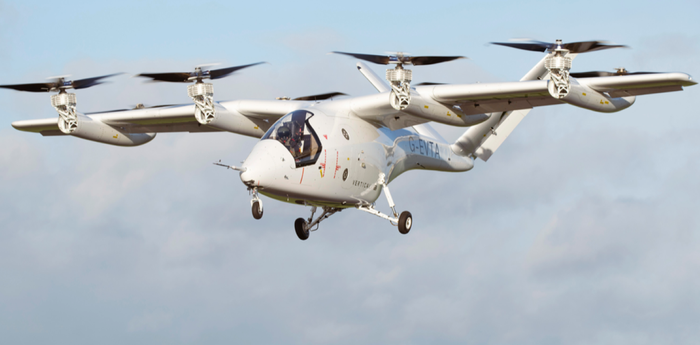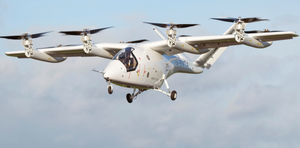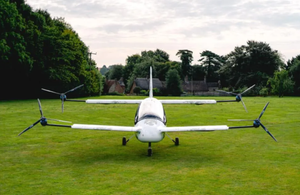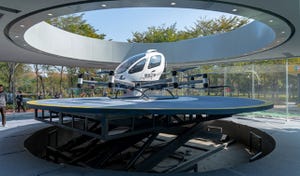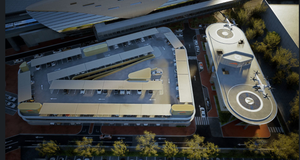CES 2022: What Smart Cities Reveal About Connected Car DataCES 2022: What Smart Cities Reveal About Connected Car Data
Connected vehicle data is helping to improve roadway conditions and safety
January 6, 2022

Roughly one-quarter of smart city stakeholders across the U.S. use sensors embedded into roads and tollbooths to improve highway conditions and quality of life, Otonomo’s found in its study of how 50 smart cities are using vehicle data.
The survey, conducted by market analysis firm Lead to Market in July 2021, aimed to interpret the ways cities use vehicle data to enhance the quality of life for their citizens.
Respondents were asked about current usage and the services it underpinned along with challenges to implementation, data collection and changes associated with emerging technologies.
The survey included C-suite executives, senior transportation directors and other decision-makers from 24 states to see how they are using vehicle data to improve city management and quality of life for its residents.
While 62% reported using vehicle data for policy goals in some shape or form, only 8% had direct access to connected car data.
More common is the deployment of traffic cameras that produce insights based on visual roadway footage. Analyzed by computer vision software or staff in control rooms, they account for 32% of vehicle data usage, followed by sensors (24%), human surveyors and mobile phone data (16% each), connected car data (8%) and geographic information systems (4%).
“This survey confirms what we’re seeing in the field, that for connected vehicle data to power smart city development in a meaningful way, they need to shift to a single connected data source,” said Ben Wolkow, chief executive of Otonomo.
The report casts doubt on the effectiveness of electric vehicle infrastructure for smart city purposes. Around one-third (34%) already have or plan to use EV charging points but 62% said they struggled to capture EV insights reliably.
A majority (68%) reported using vehicle data for managing mass events although just 22% exploited it for day-to-day real-time traffic management.
A further 31% planned to integrate real-time traffic management in the future.
More than three in 10 (36%) relied on vehicle data to mitigate urban bottlenecks for business travelers and tourists, with a further 28% planning this functionality.
Other applications include improving roadway management and infrastructure (18%), zoning and urban planning (18%), managing accident hotspots (14%), parking (6%) and mitigating environmental impact (2%).
Almost half (46%) expect to integrate vehicle data into public or private transit planning systems, and 30% of those anticipate more vehicle data collection to support this.
While connected vehicle data accounts for less than a tenth of smart city analysis today, Wolkow said its usage strengthened the economic case for predictive maintenance, helping to identify potholes or broken traffic indicators ahead of time, by streamlining the workloads required for data processing.
“Connected vehicle data not only makes smart cities much smarter, but when leveraged for real-time safety, emergency planning, and reducing congestion, it saves countless lives and enables a better, cleaner urban experience,” he said.
About the Author
You May Also Like
